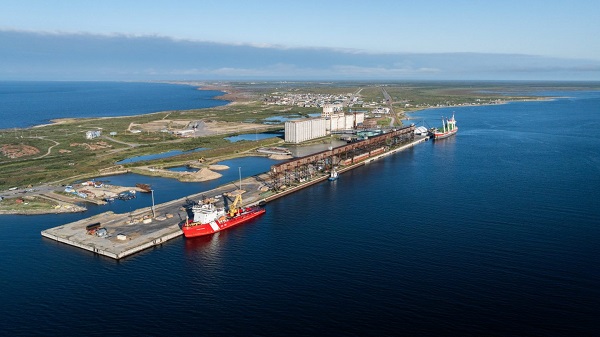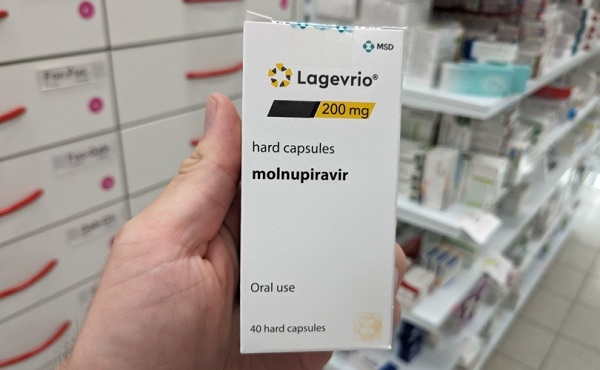Community
“Economies of Scale” is a distant 2nd to “Political Control”


“Economies of Scale” has been the go to response by politicians when they want to centralize operations. There is some validity to this response.
Wal-Mart is in a scale all it’s own, so big it controls the pricing of items around the world. The local mom-and-pop store cannot compete.
Pension funds are so large they monopolize the markets and small fund managers cannot compete.
Provinces quote; “Economies of Scale” when they centralize purchasing, education, health care and other services.
The E.U. benefited from large scales in business, health care and even immigration.
So in all intent and purposes there is some validity in “Economies of Scale”.
There have been many tales of businesses raiding their employees pension funds for expansion, to cover losses, to cover bonuses, or to keep the doors open.
The C.P.P. is a huge national pension fund, well managed with double digit returns which is often 3 times the returns of a smaller Alberta provincial pension fund.
Now we are hearing tales of Alberta Oil & Gas businesses needing or wanting to raid pension funds to cover losses, to cover bonuses or to keep the doors open. There is discussions in political circles of raiding the Alberta provincial employees pension funds to the tune of a billion dollars for oil and gas investments. These same political circles are looking at the C.P.P. or Alberta’s citizens portion of.
The C.P.P. enjoys “Economes of Scale” and in a large diverse market offers envious returns on investments. Unlike smaller, less diverse pension funds.
The Alberta politicians know this but they want control of the pensions to subsidize businesses for political reasons. Having control is much more important than “Economies of Scale” to a politician.
Control is most important to other levels of government, too. The city of Red Deer is looking at establishing a new police force other than the RCMP. They know it will cost more in taxes and they will have less access to more specialized services but the city will have more control.
Fiscal conservatism is much less important than having control.
Politicians of all levels will take our tax money to hire lawyers and fight for control of everything.
We only have one pocket to draw from to pay for all these services and court cases and political control issues.
What ever happened to the much lauded; “Economies of Scale”? Too many political kings wanting control of too many things, all putting their hands in our pocket, that’s what.
When the world is becoming more globalize-oriented it appears politicians are striving for isolationism to feed their need to control. All at our expense.
Community
Support local healthcare while winning amazing prizes!

|
|
|
|
|
|
Community
SPARC Caring Adult Nominations now open!

Check out this powerful video, “Be a Mr. Jensen,” shared by Andy Jacks. It highlights the impact of seeing youth as solutions, not problems. Mr. Jensen’s patience and focus on strengths gave this child hope and success.
👉 Be a Mr. Jensen: https://buff.ly/8Z9dOxf
Do you know a Mr. Jensen? Nominate a caring adult in your child’s life who embodies the spirit of Mr. Jensen. Whether it’s a coach, teacher, mentor, or someone special, share how they contribute to youth development. 👉 Nominate Here: https://buff.ly/tJsuJej
Nominate someone who makes a positive impact in the live s of children and youth. Every child has a gift – let’s celebrate the caring adults who help them shine! SPARC Red Deer will recognize the first 50 nominees. 💖🎉 #CaringAdults #BeAMrJensen #SeePotentialNotProblems #SPARCRedDeer
s of children and youth. Every child has a gift – let’s celebrate the caring adults who help them shine! SPARC Red Deer will recognize the first 50 nominees. 💖🎉 #CaringAdults #BeAMrJensen #SeePotentialNotProblems #SPARCRedDeer
-

 Education1 day ago
Education1 day agoWhy more parents are turning to Christian schools
-

 Alberta1 day ago
Alberta1 day agoOPEC+ is playing a dangerous game with oil
-

 Alberta1 day ago
Alberta1 day agoUpgrades at Port of Churchill spark ambitions for nation-building Arctic exports
-

 Business1 day ago
Business1 day agoIs dirty Chinese money undermining Canada’s Arctic?
-

 National2 days ago
National2 days agoLiberals push to lower voting age to 16 in federal elections
-

 COVID-191 day ago
COVID-191 day agoJapan disposes $1.6 billion worth of COVID drugs nobody used
-

 conflict1 day ago
conflict1 day agoOne of the world’s oldest Christian Communities is dying in Syria. Will the West stay silent?
-

 COVID-191 day ago
COVID-191 day agoWATCH: Big Pharma scientist admits COVID shot not ‘safe and effective’ to O’Keefe journalist








